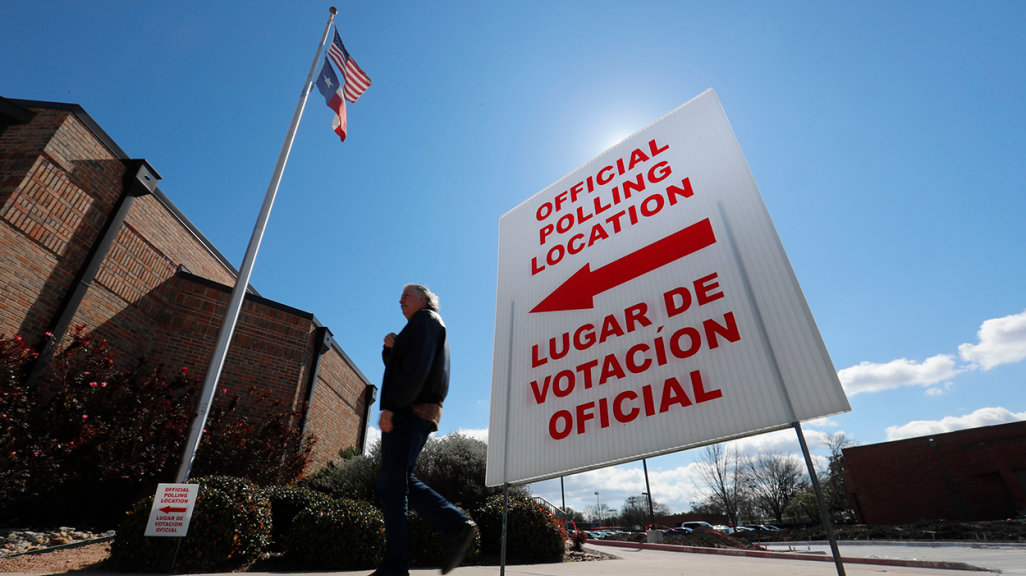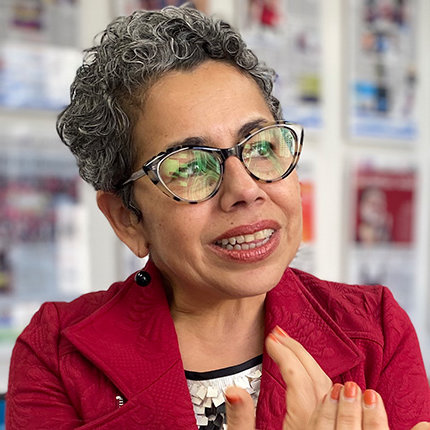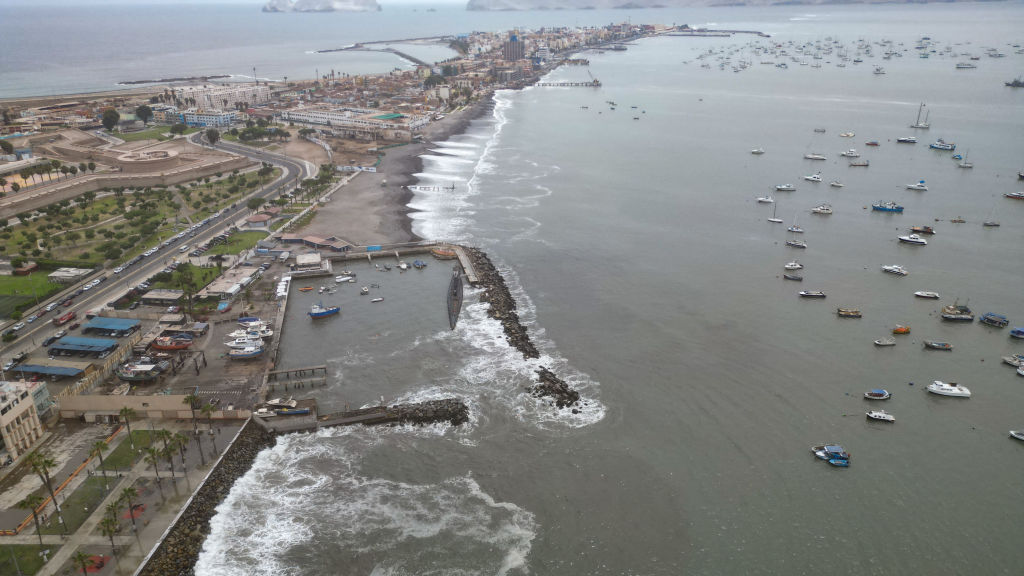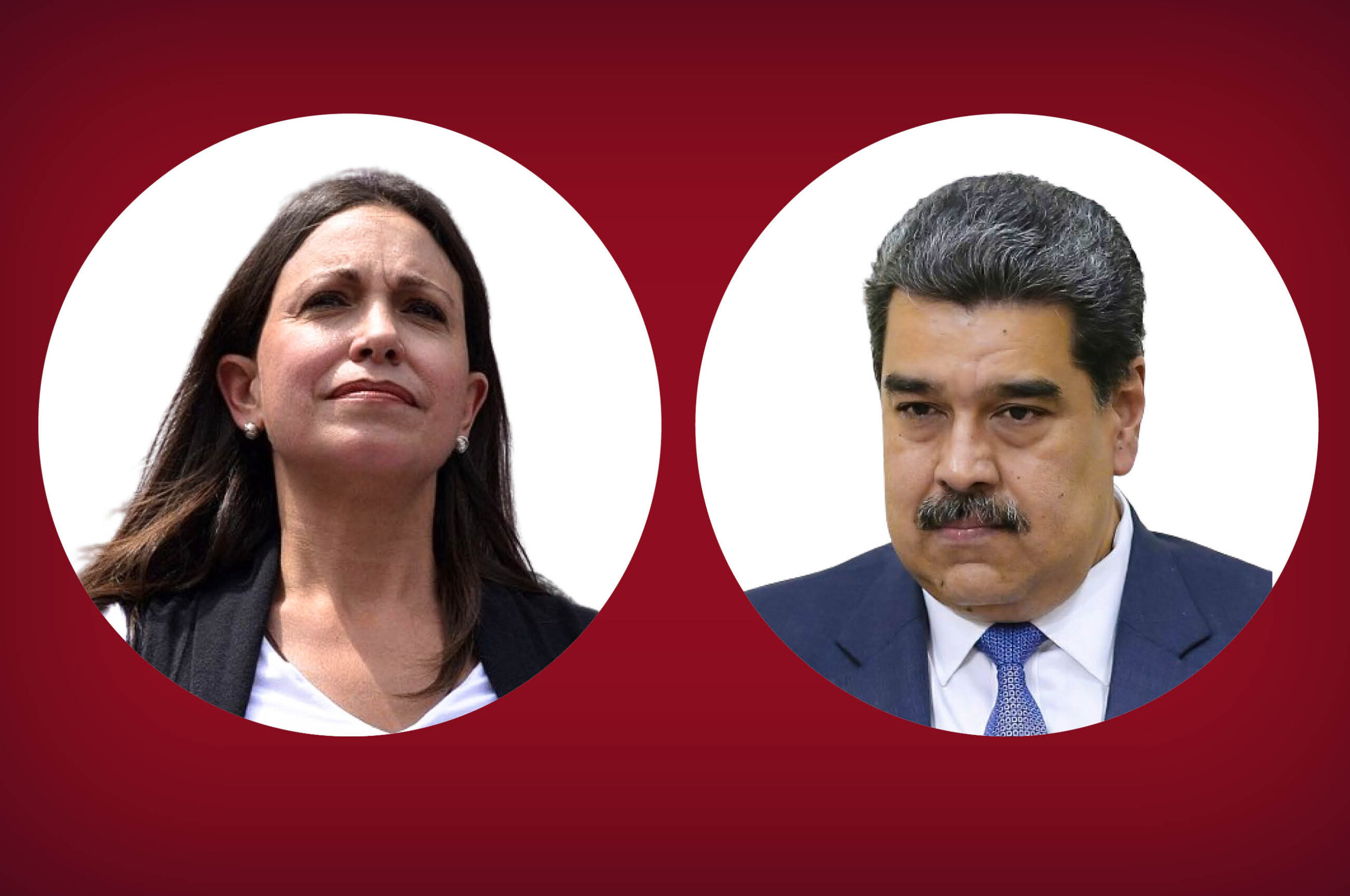LatAm in Focus: What Do We Really Know about the Latino Vote?
LatAm in Focus: What Do We Really Know about the Latino Vote?
UnidosUS' Clarissa Martínez De Castro and The Washington Post's Sabrina Rodríguez cover issues motivating the voting bloc heading into the U.S. midterms.
New to the podcast? Check out past episodes of Latin America in Focus and subscribe on Amazon Music, Apple Podcasts, Google Podcasts, Soundcloud, Spotify, and Stitcher.
As the November midterm approaches, both U.S. political parties ask once again: Have we done enough to reach out to Latino voters?
That group—now the second-largest racial/ethnic group in the United States—has proven pivotal to countless races, usually in favor of the Democrats. But in 2020, Republicans, led by then-President Donald Trump, made inroads with Latinos, especially in South Florida and Texas.
“There’s always been a swing element in the Latino electorate,” said Clarissa Martínez De Castro, vice president of the Latino Vote Initiative at UnidosUS, the largest civil rights group for Latinos in the country. Martínez De Castro spoke to AS/COA Online’s Carin Zissis about the myths surrounding this diverse voting bloc.
One myth, she said, is that Latinos don’t vote. “Once registered, Latinos in presidential years vote about 80 percent,” she noted. “So, what we have is a registration gap.” Yet, even with the grand potential of this group, she explained that outreach from both parties is still insufficient—and often performed late.
“Parties and candidates are still not reaching out enough to these voters. And if they do, they do it at the very last minute.” —Clarissa Martínez De Castro
AS/COA Online looks at where Latinos in the United States stand on party affiliation, top issues, and support for the Biden administration.
"We are seeing that Republicans have invested significantly in south Florida and significantly in south Texas." —Sabrina Rodríguez
Subscribe to Latin America in Focus, AS/COA's podcast focusing on the latest trends in politics, economics, and culture throughout the Americas.






